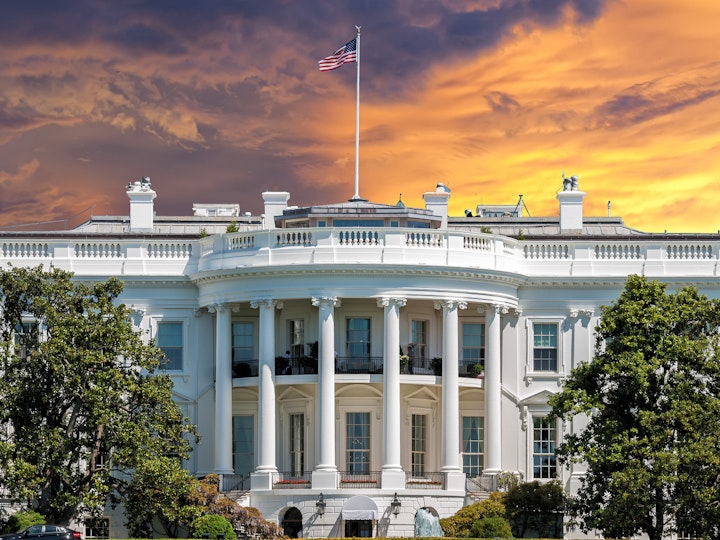What will the 2020 US election outcome mean for the UK and EU?
Professor Nada Kakabadse looks at the possible impact the result of the race for the White House could have on Britain and Europe.

The results of the American presidential election have been watched with anticipation by Brits, and Europeans with considerable anxiety. The outcome of the US ballot will change the transatlantic relationship with the UK and EU, and influence the future of the multilateral system.
Although Joe Biden, a committed “Atlanticist”, may promise a more courteous and predictable relationship, not much will change as the US trajectory is set, and the return of a close relationship with the EU is unlikely to occur. For the UK, the association is likely to grow even more intimate.
Both the UK and the EU must define a relationship with Washington, particularly in terms of trade and security. Whatever the renewed intensity, or deterioration, of the transatlantic connection, the US has considerable impact on contemporary societies, including fashion, food, audio-visual, commercial, managerial and linguistic fashions.
More recently the EU has exhibited its own collective preferences and ambitions, exemplified by legislation on the protection of personal data (GDPR), the recently proposed minimum wages level, the future European digital tax, and the European Green Deal.
The increasingly urgent climate change issue may bring the EU and US closer together under a Biden administration, or further apart if Donald Trump wins a second term. The European and American relationship may yet improve with the possible return of the US to the Paris Agreement, which it officially left yesterday.
These different trajectories will also influence the attitude towards trade with China, which is increasingly asserting its own model of governance and economic influence.
All of this leaves a fundamental question on the future of liberal democracy, which is decisive for future EU-US relations. As the UK leaves the EU, it is likely it will draw closer to the US. After the election result, the US will focus firstly on its own recovery. The 27 EU countries will have to agree on sensitive differences in respect of the rule of law.
The UK will soon have to define its own trajectory and try to form bilateral agreements to facilitate its own rehabilitation, at a time of great risk to Europe’s own recovery. Whether this is achievable remains to be seen.



